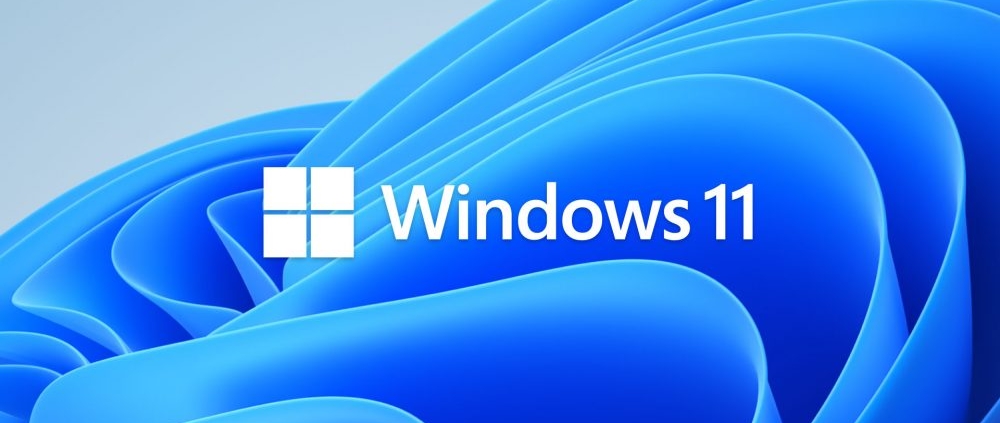A Microsoft recent update announcement about Windows 11 appears to say that although the new OS still won’t run on some older PC’s, Microsoft doesn’t plan to stop you from trying.
The Problem
When Microsoft’s June Windows 11 announcement showed that its minimum hardware requirements meant that it would only support eighth generation and newer Intel Core processors (as well as Apollo Lake, and newer types of Pentium and Celeron processors), it became clear that the new OS may simply not be able to run on many older computers.
Also, the required “hard floor” (minimum configuration) for Windows 11 is that a device needs a Trusted Platform Module (TPM) chip (a type of security chip used for things like storing passwords and encryption keys) to run it. Without this type of chip, Windows can’t be run on a device, and even with devices that meet the “soft floor”, they may receive a notification that an upgrade to Windows 11 is not advisable.
At the time, Microsoft recommended a Windows PC Health Check app as a way for users to find out whether their PC would be able to support Windows 11 (https://aka.ms/GetPCHealthCheckApp).
Latest Announcement … Expanded Chip List (A Bit)
In Microsoft’s latest announcement, it said that following tests of whether devices running on Intel 7th Generation and AMD Zen 1 processors could support the OS, it has expanded the list of compatible 64-bit processors to include Intel® Core™ X-series, Xeon® W-series, Intel® Core™ 7820HQ (only select devices that shipped with modern drivers based on Declarative, Componentised, Hardware Support Apps (DCH) design principles, including Surface Studio 2).
Microsoft also says that it has expanded the PC Health Check App so that it gives more information and links support articles with possible remediation steps for those whose PC doesn’t look like it will support Windows 11.
You Can Try
Microsoft also appears to be saying that users who try to install Windows 11 via Windows Update on their unsupported system won’t be able to, however installing Windows 11 manually from an ISO file boot disk (e.g. onto an older machine) will be possible, although there won’t be driver compatibility or much system stability, and it will be at the user’s own risk.
If Not 11, Then 10 Is For You
Microsoft says that for those who are using a PC that won’t upgrade to Windows 11, and who don’t want to buy a new device yet “Windows 10 is the right choice” and that Microsoft will still support Windows 10 through October 14, 2025.
What Does This Mean For Your Business?
Although having to test to see if your older computer can support Windows 11 (having those with older computers feeling excluded) isn’t the ideal way that Microsoft wanted to introduce its new OS, it’s not as bad as it sounds. In reality, the minimum requirements for Windows 11 aren’t likely to exclude too many older devices although some may have the same stability issues that they may have experienced anyway with Windows 10.
Clearly, Microsoft wants to make sure that its first new OS in a long time is up to the demands of modern users who regularly use their PCs for video conferencing, productivity, and gaming, and has set its minimum system requirements accordingly to align with many on these common apps. Businesses with older PCs that won’t take Windows 11 can continue with Windows 10 with support until late 2025 anyway. It will mean, however, for some businesses, it’s a case of thinking about replacing some PCs sooner than they would have liked to get the benefits of Windows 11.
If you would like to discuss your technology requirements please:
- Email: hello@gmal.co.uk
- Visit our contact us page
- Or call 020 8778 7759
Back to Tech News



